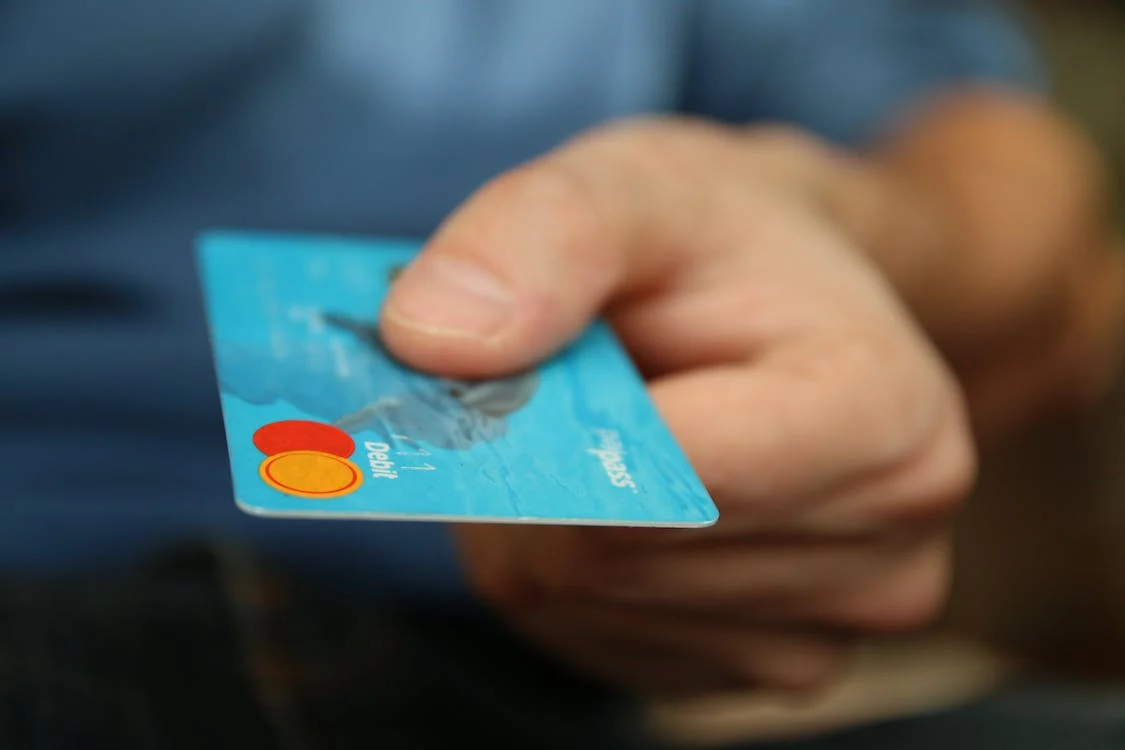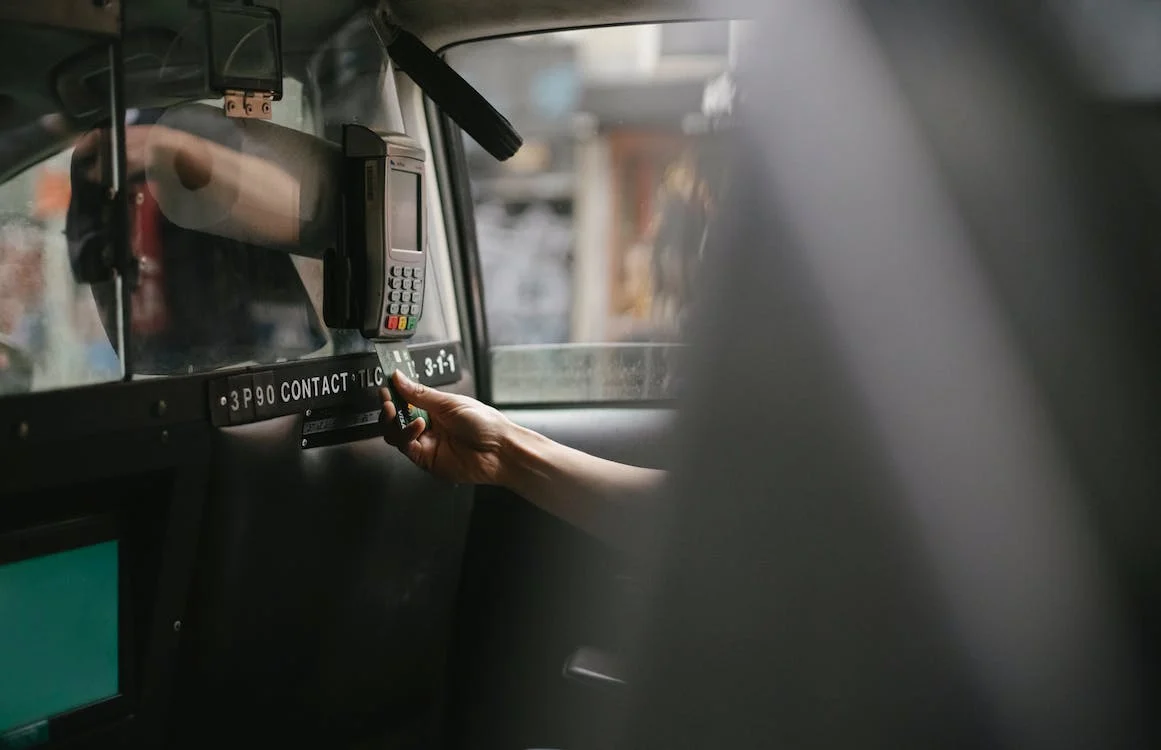
Credit cards are a thing of the past. It all comes down to smartphone tap-and-pay technology. If you're a frequent Amazon buyer, you can also use one-click checkout. Then there's Klarna, a Gen-Z favorite offering purchase now, pay later services.
All of this adds up to a cash register's worth of alternatives to shopping using a credit card.
It's something that everyone is doing. In fact, digital wallets are currently the world's most common payment mechanism. They are more common than credit cards, although the United States lags behind many other other countries in their use for day-to-day transactions.
You might feel inclined to suspend your credit card. However, before you do, weigh the benefits and drawbacks of getting rid of the physical card and switching to digital.
Upside: Digital transactions are convenient














